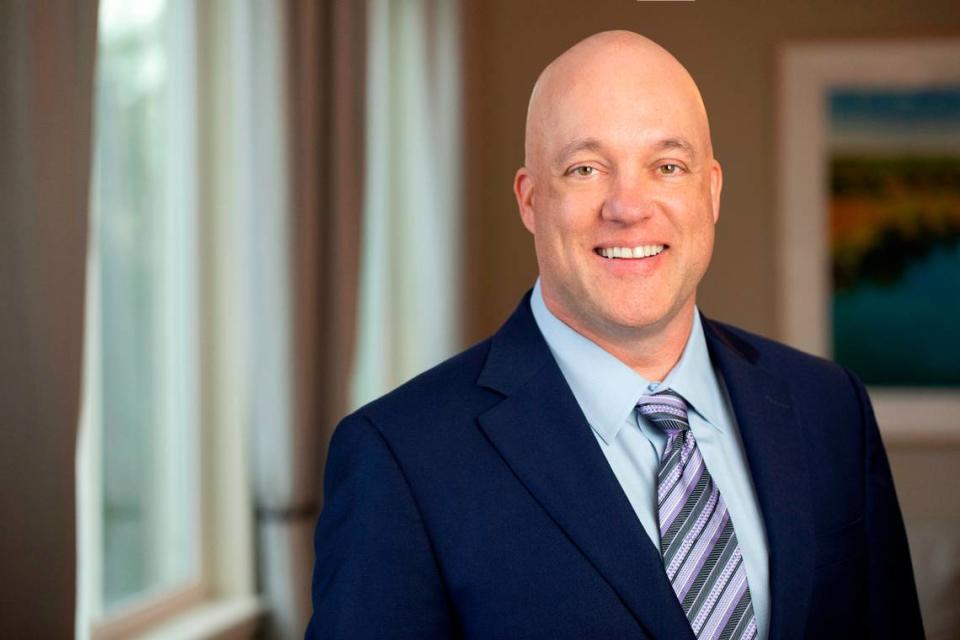Corporate leaders running for office is a good thing — even if some on the left hate it
What do voters want in the candidates they elect?
As the status of career politicians erodes, voters are considering that business executives might be able to provide public policy leadership. Former President Donald Trump, billionaire Democrat Tom Steyer and Los Angeles mayoral candidate Rick Caruso are all examples of this.
It’s no coincidence: Profit was once the only objective of business leaders, but now environmental, social and governance philosophies — a set of standards that considers the social impacts of investments — have become embedded in the goals of corporate America. Despite what you may hear from Sens. Bernie Sanders and Elizabeth Warren about the greed of corporations, many businesses have never been more socially responsible than they are today.
Opinion
In 2019, the United States Business Roundtable attempted to redefine the purpose of a corporation to include serving broader community interests as well as the interests of stockholders.
For better or worse, this changing dynamic has led high-profile business leaders to weigh in on high-profile social issues.
Tesla chief executive Elon Musk became a central figure in the debate over free speech via the ongoing Twitter ownership saga. Nobody needs a billionaire with Securities and Exchange Commission problems preaching about free speech, but that doesn’t really matter to Musk’s 94 million Twitter followers — or the influence he has over them. He has previously tweeted about his supposed policy knowledge on labor law, insider trading and epidemiology.
Meanwhile, when Florida attempted to pass what critics have labeled “Don’t Say Gay” legislation in March, they were prominently opposed by the new chair of the Walt Disney Co., Bob Chapek. Activists applied public pressure to move Chapek and Disney from a position of neutrality to opposition. The result was that an unelected business executive stepped up and took the kind of heat normally reserved for elected officials.
Musk and Chapek took positions on different sides of the ideological spectrum — to both the excitement and the disappointment of a varied electorate. The truth is, these two business executives are probably better prepared to lead a discussion of public policy issues than many of our elected officials. They manage large organizations with responsibilities in corporate finance, human resources and stakeholder management, and they provide a path forward for the entities they lead.
After years in politics, I would argue that good business executives are better prepared to be the chief executive of California or the mayor of a large city than members of the Legislature, Congress or a city council.
As those who are usually on the left of the political spectrum continue to call upon business leaders to speak out more on public policy issues, I believe business leaders will increasingly use their executive platforms to seek public office. Some will fail miserably — as Steyer did — but some will be elected and stick around the political scene for years.
The left usually doesn’t like to see wealthy business executives run for office. However, that trend will likely continue. If we are going to request that corporate leaders speak out on public policy issues, we should expect more of them to go even further by seeking public office.
Matt Rexroad is a political consultant specializing in redistricting and independent expenditures.


 Yahoo Movies
Yahoo Movies 
